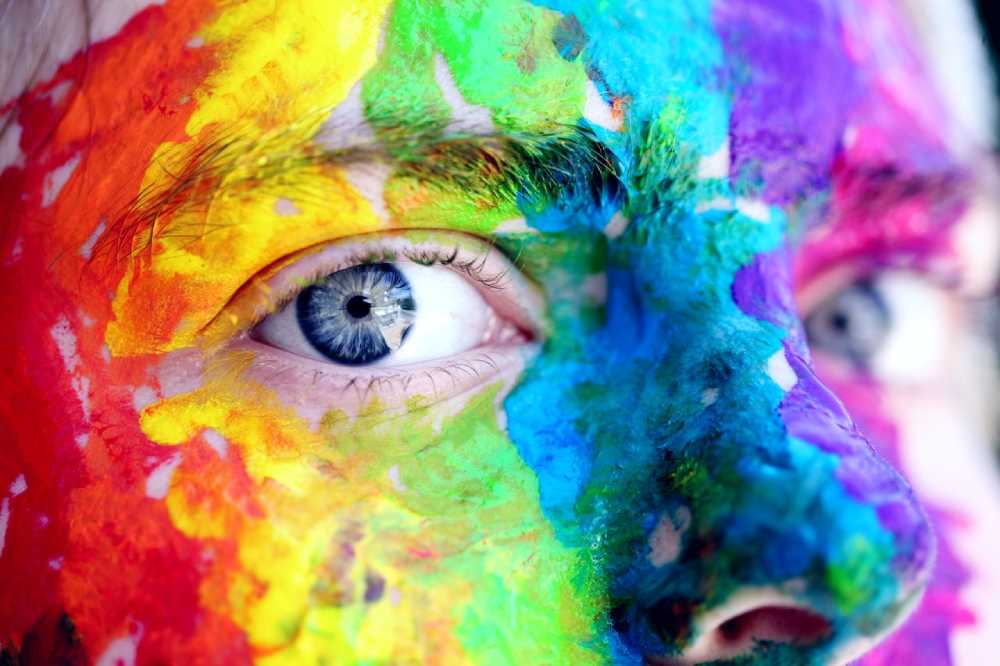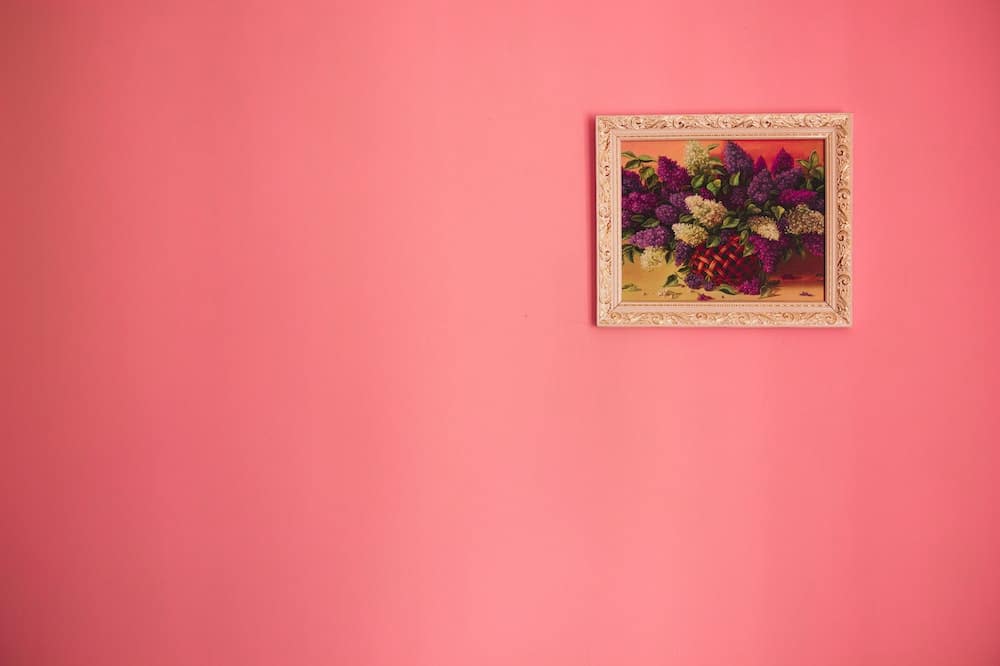Color psychology is one of the most easily overlooked topics. Almost everyone wants their home interiors to be on point. But while considering the aesthetic side, we often make many mistakes that disturb peace and harmony at home. The cost is not immediately realized. In fact, the inmates may never realize the root cause of their energy levels being out-of-place all the time.
What exactly is Color Psychology?
Color Psychology is the concept that elaborates on how different colors affect our subconscious minds. According to the theory, colors influence our actions and emotions from a deeper level. Basically, each color is assigned a positive or negative psychological connotation. It supposedly affects our brain and in turn, we feel or act in a particular way.
Color Psychology is subjective to some extent
Color Psychology was framed based on how maximum people on the planet would associate a particular color with one of their emotions. But it does not mean that the rules are extremely rigid. There could be minor variables.
The way each color evokes a particular emotion could depend upon at least one or several variables. It will depend upon one’s childhood memories, culture, how the family has been using different colors, etc. For example, Bridal costumes in India are mostly in bright colors. But in the west, it is primarily white.
If you have a memory of school friends telling you that a particular color doesn’t suit you, you may dislike or avoid it altogether in the future. But if you had a favourite blanket for many years, you may unconsciously develop a special affinity for its color as well. So there could be exceptions.
Also, color psychology can have many connotations for a single color. That means a single color may represent more than one emotion or meaning. Let us look at some primary colors and their universal meanings.
1. Red
The exact significance of the red color will vary according to the tone. Deeper tones of red are associated with love, power, passion, and drama while the slightly rustier tones have a very earthy vibe to them. Too much red increases unrest. It has to be used in less quantity to gain maximum benefit. If you decide to use it in your bedroom, make sure you use it as an accent color or maybe on one wall only. Red also signifies violence and anger, which is why its use should be moderate.
2. Green
The green color is earthy, soothing, and calming. It is a great option for the bedroom and the study room. It represents nature, harmony, creativity, and balance.
3. Blue
Blue tones are soothing, calm, and associated with serenity. Lighter tones can help you relax, while the darker colors add a little more masculine energy to the room.
4. Yellow
Yellow is a happy color. It is associated with all cheerful energies. It represents happiness, smiles, optimism, communication, and creativity. However, too much use of only yellow can overwhelm you and cause anxiety. But the right tone and the right color combination will provide all the benefits properly.
5. Orange
The orange color is lively, vitalizing, and energizing. It represents the combined significance of both red and yellow colors. This is why it has polarizing and starkly different meanings depending on the hues. Lighter orange evokes relaxation, peace, and tranquillity. While the darker hues are associated with deception, suspicion, pleasure, dominance, aggression, etc.
6. Brown
Brown primarily denotes wood, leather, and cosiness. This is one reason why people in the west associate it with the cosy and crisp weather of the Autumn season. It brings in images of wooden fireplaces, wooden furniture, coffee, etc. It is quite adaptable and can be customized for different moods and feelings.
7. Black
Black is all about sophistication, luxury, elegance, and class. On the flip side, it also has a bad reputation. Since black absorbs everything, people say that it attracts negative energy. Therefore, too much black can feel overbearing and gloomy. However, in the right circumstances, black can be utilized to exude style and class. For example, we can associate shiny black cars with luxury brands almost immediately. The same goes costly dresses and shoes.
8. White
Just like black, white color represents luxury as well. It is also associated with purity, blankness, a fresh start, and calmness. But many people consider it dull and colorless for interiors. No matter what personal preferences say when white can surely turn out to be gorgeous when combined properly with another element in the room, i.e the right accent colors, the right furniture, curtains, etc. The calmness will also be unmatched.
Conclusion about Color Psychology
In conclusion, we can say that colors hold great significance in our lives. Unless we prefer or reject a particular shade of color, all the universal meanings associated with it hold true to a little or significant extent. So we should definitely try incorporating the right colors into our living space for optimum benefit from it.
You can also learn about auspicious colors for each room according to Vastu. It will help in corroborating the meanings derived from color psychology with the tips suggested by Vastu. This way you are closer to achieving more peace and harmony at home.
About Protech
Protech prioritizes delivering spectacular and convenient real estate projects in both residential and commercial sectors. If you want to properties in Guwahati, Assam, Protech Group is your ultimate solution.
Our years of experience in the real estate industry and understanding of the market allow us to introduce you to the best in the city.
To know more, you can connect with our experts today by clicking here. We also hope that you enjoyed this read. Don’t forget to check out our blog again soon.











